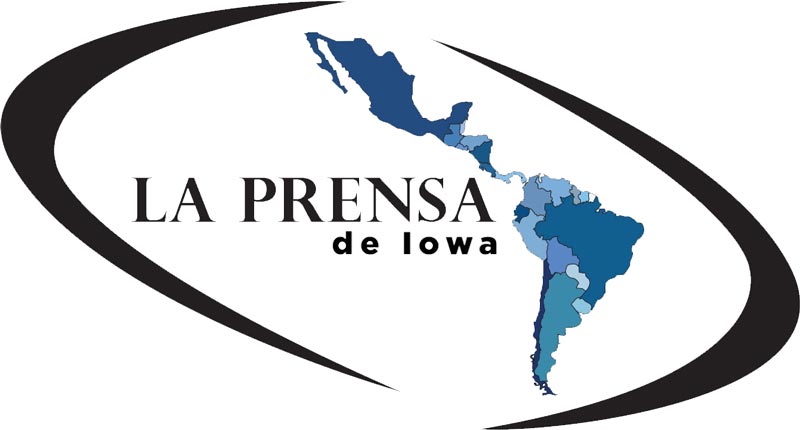Este año el reembolso de impuestos está siendo más bajo (unos $500), según datos del IRS
/English translation provided at the end.
LA PRENSA
Redacción
De acuerdo a estadísticas iniciales de la temporada de devolución de impuestos presentadas por IRS, el promedio de reembolso este año es de $2,640 y para esta misma fecha en 2018 fue de $3,169.
Aunque los expertos advierten que esas cifras todavía pueden variar en lo que queda del período de reembolsos, la incertidumbre por los cambios a la reforma tributaria invade a los contribuyentes y esto podría afectar la economía del país.
Otro factor que hay que considerar, es que los reembolsos más bajos no significan que las personas hayan pagado más impuestos el año pasado.
Los cambios a la Ley de Reforma Tributaria de la administración Trump afectan cada caso de manera diferente. Pero este año ya se percibe una tendencia, de acuerdo a datos revelados por el IRS (Servicio de Recaudación de Impuestos): los reembolsos están siendo más bajos en comparación con los de 2018.
Con la entrada en vigor de la nueva ley tributaria aprobada por el Congreso, algunos hogares se verán impactados más que otros y de maneras distintas. Sin embargo, las estadísticas iniciales muestran que las devoluciones de impuestos han bajado un 16.7% en 2019.
Las cifras corresponden a las primeras tres semanas de la temporada de reembolsos (hasta febrero 15), en las cuales se ve que para esa fecha en 2018 el promedio de devolución era de 3,169 dólares y ahora ha caído a una media de $2,640, una disminución de más de 500 dólares.
Esto quiere decir que los contribuyentes están recibiendo menos dinero en su cheque de reembolso este año, sí. Pero los expertos advierten sobre la interpretación apresurada de estos datos, que pueden cambiar drásticamente de una semana a otra.
Además, aún hay demoras en la devolución de impuestos de al menos 28 millones de hogares, debido a los cambios tributarios que afectan a los que ganan menos y tienen hijos.
“El lento inicio de la temporada de reembolso de impuestos podría no ser indicativa de lo que viene en las próximas semanas. Los datos del año pasado muestran que el pico más alto suele darse al final de febrero”, dijo un analista financiero de Morgan Stanley a la cadena CBS.
Google Translation
According to initial statistics of the tax return season filed by the IRS, the average repayment this year is $ 2,640 and for this same date in 2018 it was $ 3,169.
Although experts warn that these figures may still vary in the remainder of the reimbursement period, uncertainty about changes to the tax reform invades taxpayers and this could affect the economy of the country.
The changes to the Tax Reform Law of the Trump administration affect each case differently. But this year there is already a trend, according to data revealed by the IRS (Tax Collection Service): reimbursements are being lower compared to 2018.
With the entry into force of the new tax law approved by Congress, some households will be impacted more than others and in different ways. However, initial statistics show that tax refunds have decreased by 16.7% in 2019.
The figures correspond to the first three weeks of the reimbursement season (until February 15), in which it is seen that by that date in 2018 the average return was $ 3,169 and has now fallen to an average of $ 2,640, a decrease of more than 500 dollars.
This means that taxpayers are getting less money in their refund check this year, yes. But experts warn about the hasty interpretation of these data, which can change drastically from one week to the next.
In addition, there are still delays in the tax return of at least 28 million households, due to tax changes that affect those who earn less and have children.
"The slow start of the tax refund season may not be indicative of what is coming in the coming weeks. Last year's data shows that the highest peak usually occurs at the end of February, "a Morgan Stanley financial analyst told CBS.
























